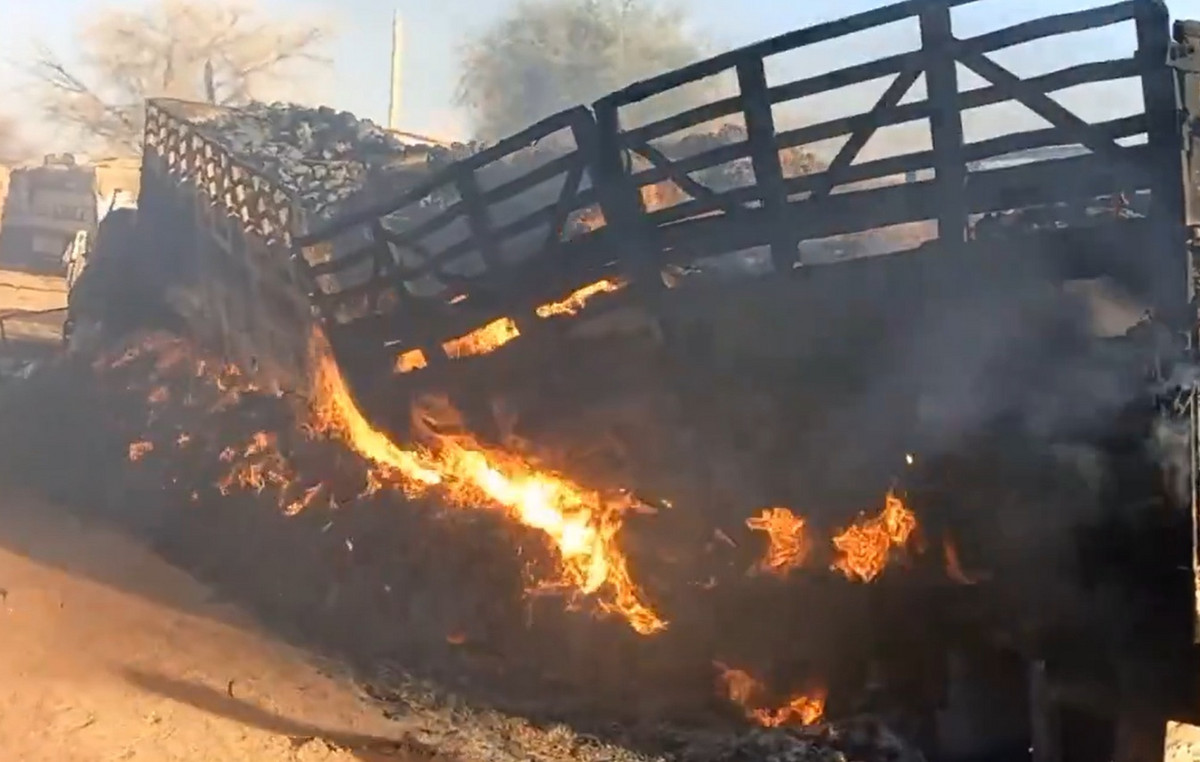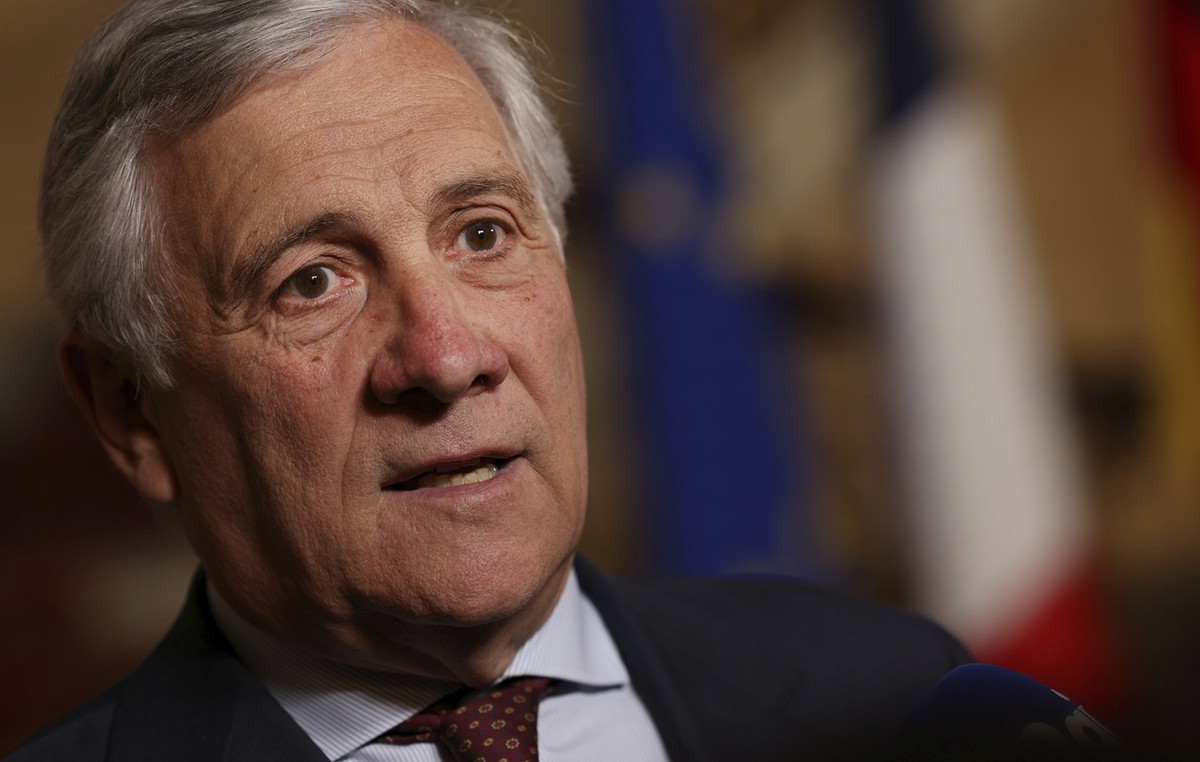The European Union has failed to confront Russian President Vladimir Putin and must now enter into flexible alliances around the world and seek new friends, current and former leaders told CNBC at a panel at the World Economic Forum.
“We are very Eurocentric in this crisis, in the sense that we think it is Russia against the West, but it is much broader than that,” Alexander Stump, Finland’s former prime minister, told Davos.
Earlier this month, top EU diplomat Josep Borrell explained how the West must now pay more attention to the rest of the world, with the exception of China, to try to persuade those countries to condemn Moscow and its attack on Ukraine.
Speaking to CNBC on the sidelines of the G-7 foreign ministers’ meeting, Borrell said Europe had virtually abandoned trying to align China with its own views on the invasion. “Convincing China is a difficult task,” he said.
Chinese authorities have so far refused to fully condemn the Russian invasion of Ukraine, abstaining during a vote on a UN Security Council resolution condemning Moscow.
But China is not the only country that has remained silent in the midst of the war. India, Brazil and the United Arab Emirates are all quiet when it comes to Russia.
Mr Stubb, who also served as Finland’s finance and foreign minister, said the war in Ukraine had sparked a heated debate over the new world order.
“It’s a nasty debate for us Europeans and North Americans, because we are fully aware that we have more to lose than to gain on it,” he told CNBC.
In order to achieve its foreign policy goals, the EU may need to look beyond the US, with Borrell saying the bloc needs to work out how “we work with everyone in the world to explain what is happening in Ukraine”.
Flexible alliances
At this point, the EU needs to be “a little more flexible” in its thinking, Stubb said, suggesting that flexible alliances are the answer for the future.
“This will mean that in some cases we will work with countries with which we do not feel so comfortable,” he said, noting a certain level of hypocrisy from European leaders.
Speaking to the same panel, Austrian Foreign Minister Alexander Salenberg said the EU was “naive” in preparing for Putin’s invasion of Ukraine.
For many years, several European countries sought to cooperate with the Kremlin in an effort to increase economic ties with Russia and at least try to keep Putin as close as possible to Western values. This was certainly the case in Germany, for example, which rapidly increased its energy supplies from Russia, even after the illegal annexation of Crimea by Moscow in 2014.
Hungary, another EU country, has also deepened its ties with the Kremlin in recent years.
The deals came amid warnings from the Baltic states – Latvia, Lithuania and Estonia – which, given their history with Russia, have sought to move closer to the West since the fall of the Soviet Union.
“You talked about hypocrisy, you talked about naivety and I’m going to say that some of it was just greed,” Natalie Yaresko, Ukraine ‘s former finance minister, told the same Davos panel this week.
“Because we had enough warning from the Munich Security Conference [το 2007]”Where Putin declared his war against the liberal order, until the war in Chechnya, he invaded Georgia, he invaded Ukraine, what else did we need to know about his intentions?” he asked.
For the President of the European Parliament, Roberta Metzola, it is no longer time for the EU to blame itself, but to say that it will never suffer from inaction again.
Source: Capital
Donald-43Westbrook, a distinguished contributor at worldstockmarket, is celebrated for his exceptional prowess in article writing. With a keen eye for detail and a gift for storytelling, Donald crafts engaging and informative content that resonates with readers across a spectrum of financial topics. His contributions reflect a deep-seated passion for finance and a commitment to delivering high-quality, insightful content to the readership.







